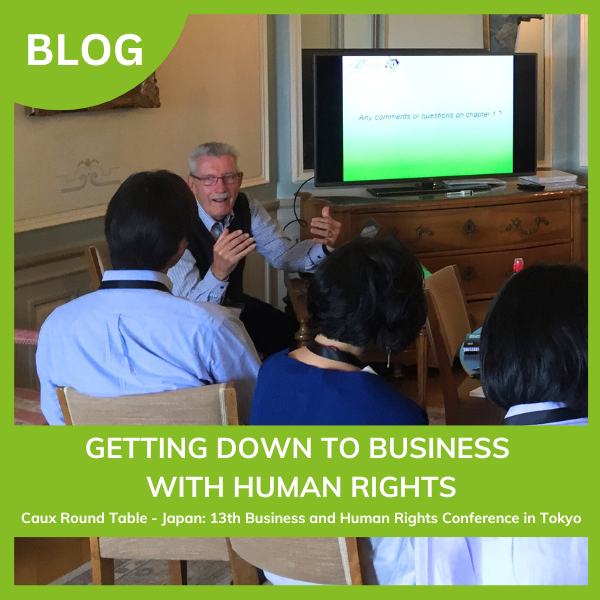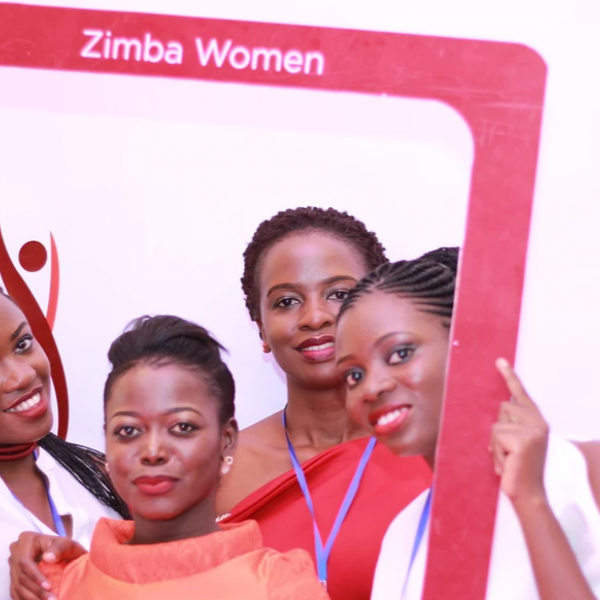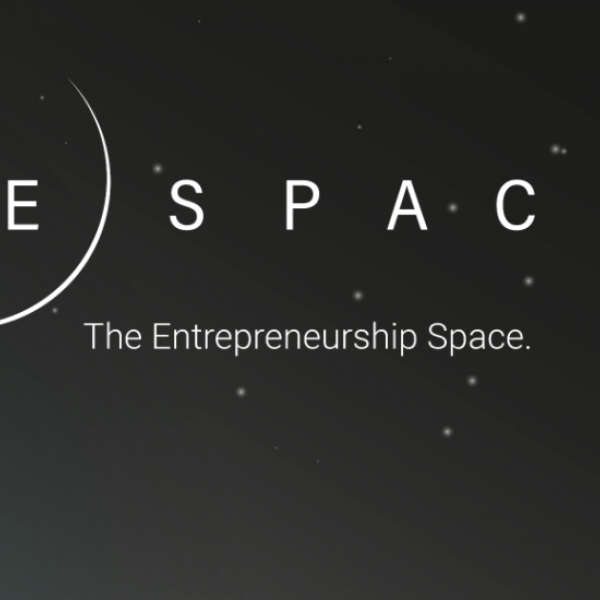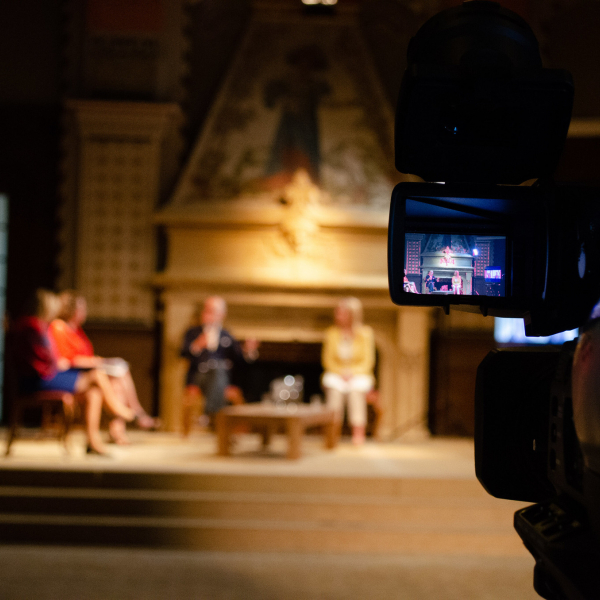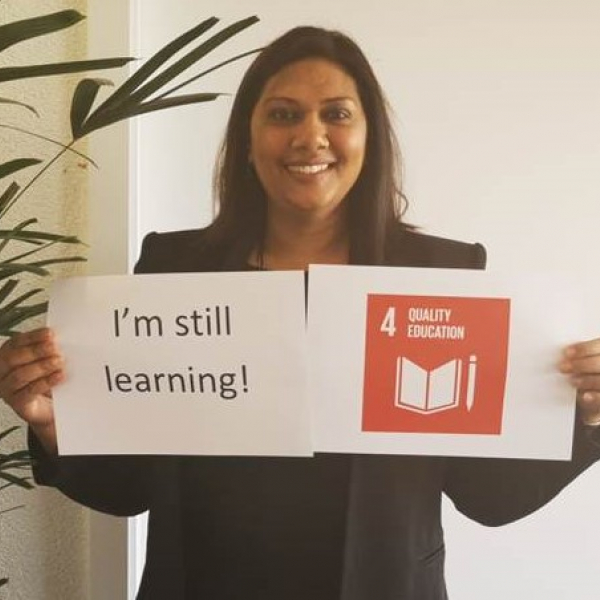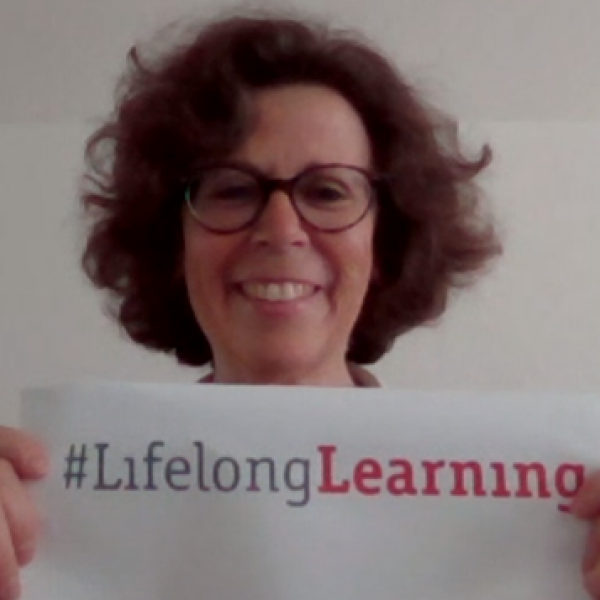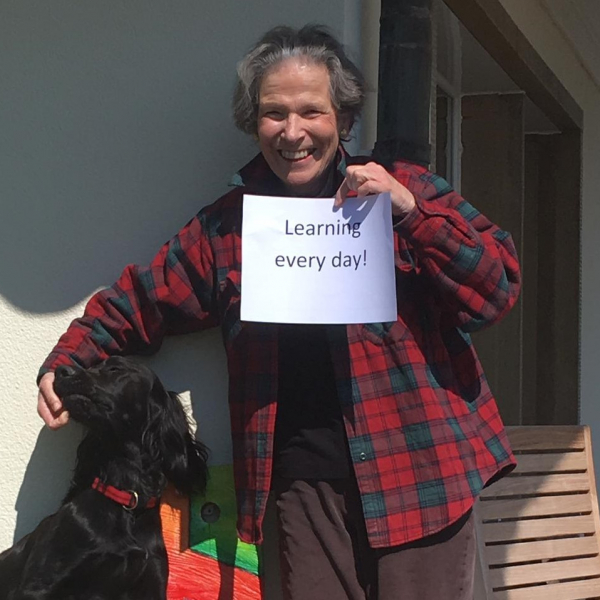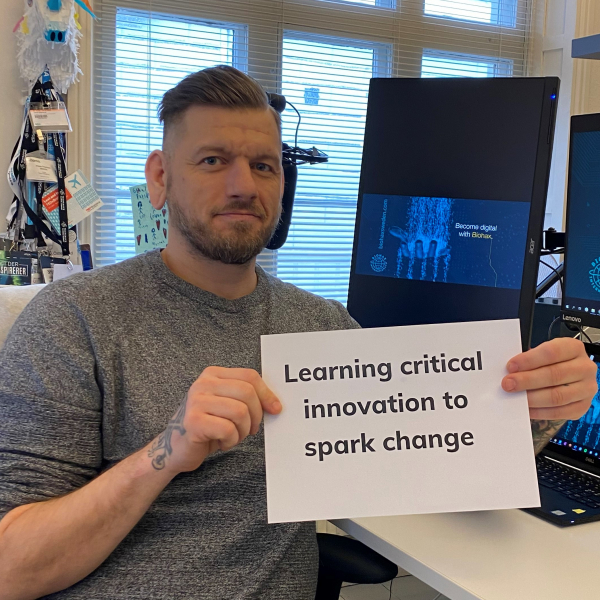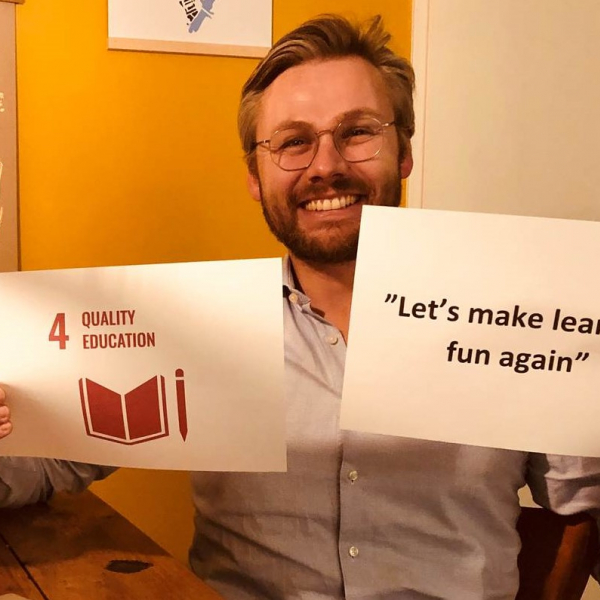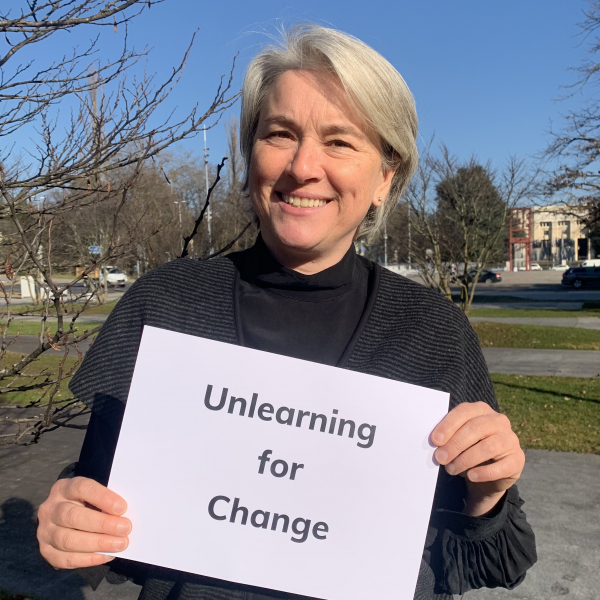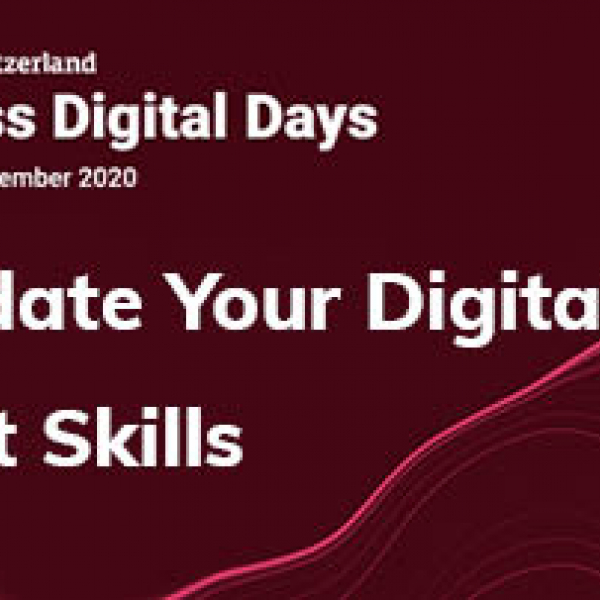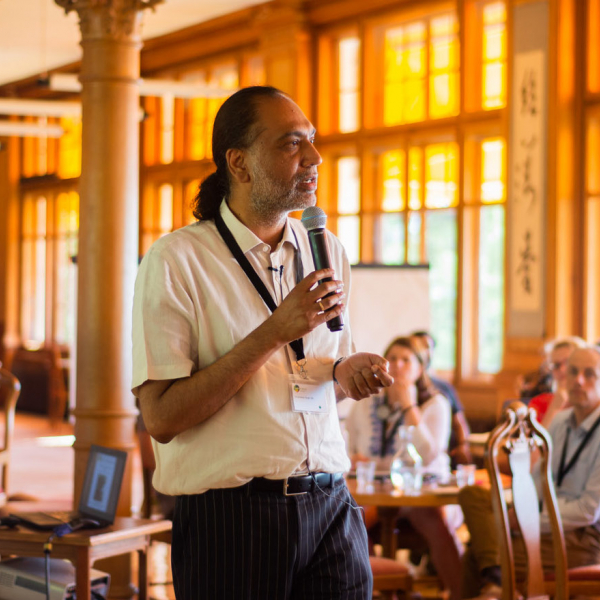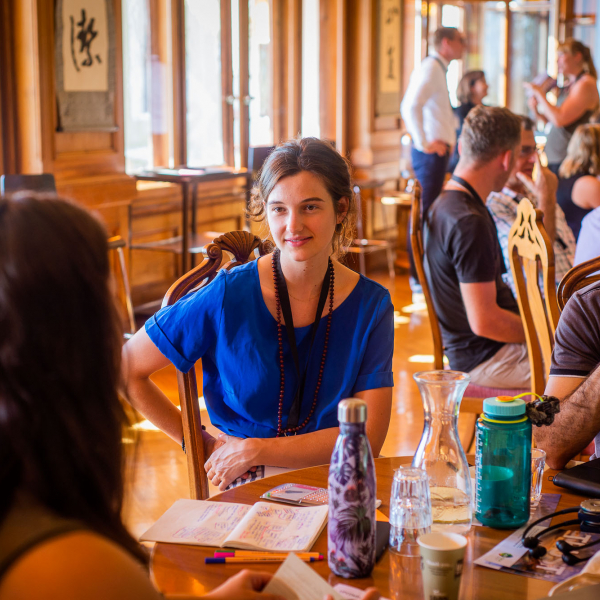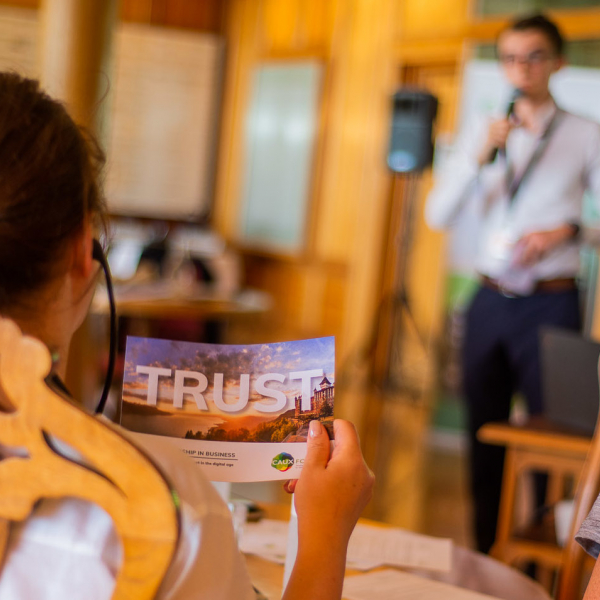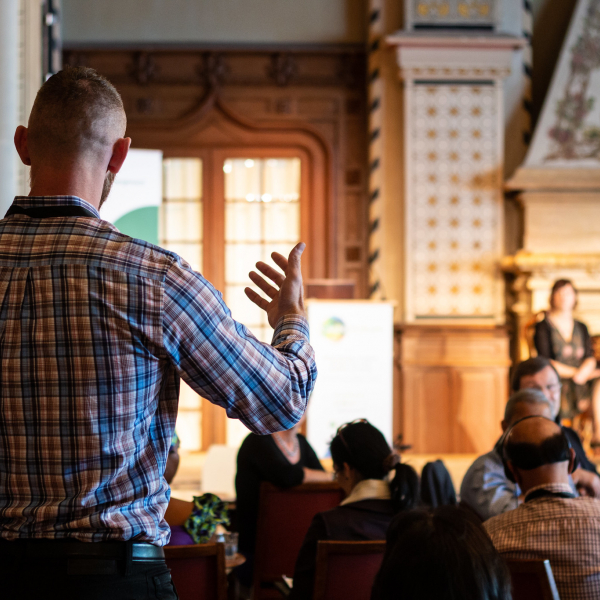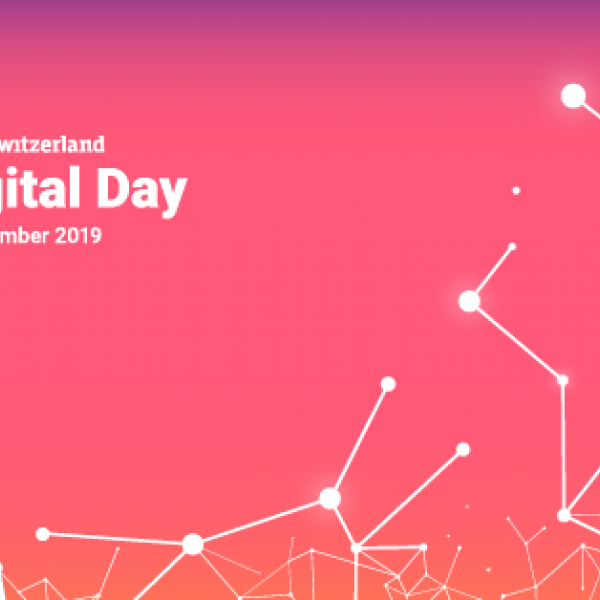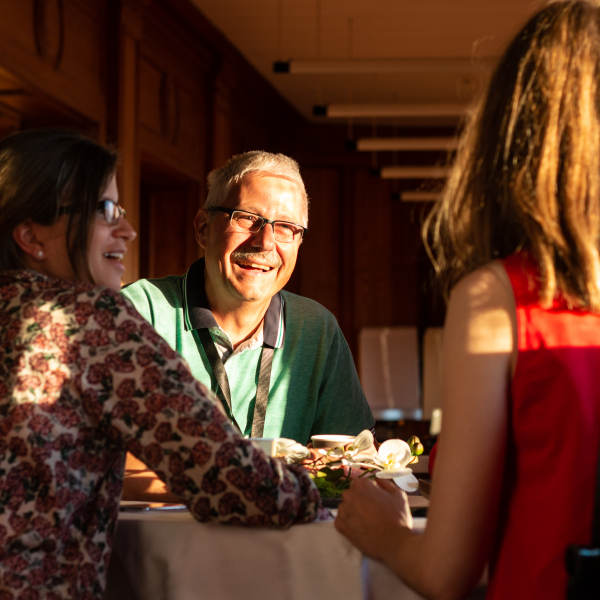What does it take to be an entrepreneur?
Global Entrepreneurship Week 2020
02/12/2020
Global Entrepreneurship Week in November 2020 included E-SPACE, a three-day hybrid event, which offered a range of master classes and conferences. Rainer Gude, Co-Director General of Initiatives of Change Switzerland was invited to take part in its closing panel.
The theme of the closing panel of E-SPACE was ‘How to become the changemaker of tomorrow?’ The three panelists – Ingeborg Albert, Innovation Manager at Geneus, Didier Fischer, President of the Servette Sports Group, and Rainer Gude – discussed how entrepreneurs can transform their ideas into reality and bring about positive change.
Ingeborg Albert pointed to three main risks which confront entrepreneurs: an idea may not fulfil a need in society, it may not work in the market, and its execution may fail. To minimize these risks, she said, you need to tackle them one by one. First, clarify your idea and get feedback on it from as many people as you can. That will help you ascertain whether there is a need for your idea. Then you can address the other risks. At each step, you need to build, measure and learn. ‘Entrepreneurship is not just for creative and bold people,’ she concluded. ‘The more you do, the better you get at it. It is a process like any other. You should consider it as a career path, but then let yourself be supported by experts.’ Geneus supports entrepreneurs throughout the whole process.
‘There are great ideas in all the world’s drawers, but only entrepreneurs concretize them,’ said Didier Fischer. The entrepreneur spirit has three elements, he said. The first one is passion: don’t go down a path for money if you are not passionate about it. You will need that passion to fuel all the effort that your endeavor will demand. Secondly, be clear on what the added value of your idea is. And thirdly, you have to be different. At each step of the way, from the product to the structure of your organization, ask yourself how you can differentiate yourself.
There are great ideas in all the world’s drawers, but only entrepreneurs concretize them.
- Didier Fischer
Rainer Gude pointed out that if you want your ideas to change the world for the better, you first need to be the change yourself. Start by asking yourself six basic questions: who, what, where, when, why and how. Who are you? Find who you are beyond what you do, beyond what people say about you, and beyond what you have, otherwise nothing that you will do will ever give you contentment. Finding your purpose and your values will help you see what you want to change in the world. Don’t think that the when is necessarily in the future. See every moment as an opportunity to start over, again and again. Keep asking yourself why you want to do it and stay open, because your ideas might change over time. Lastly how? By doing the inner work first. Use silence and keep listening to that important (but often ignored) expert – your own inner voice.
The panelists agreed that failure is an important part of all entrepreneurs’ paths. ‘We are all afraid to fail, but the more often you try and fail, the more you learn,’ said Ingeborg. However, she continued, be smart and specify your maximum affordable loss beforehand. Didier added that both failure and success are dangerous, depending on how you treat them. Even if you succeed, you can learn something for the next part of the project. They ended by stressing the important part that communications – especially with your own employees – play in achieving success.
Photos & video: E-SPACE

